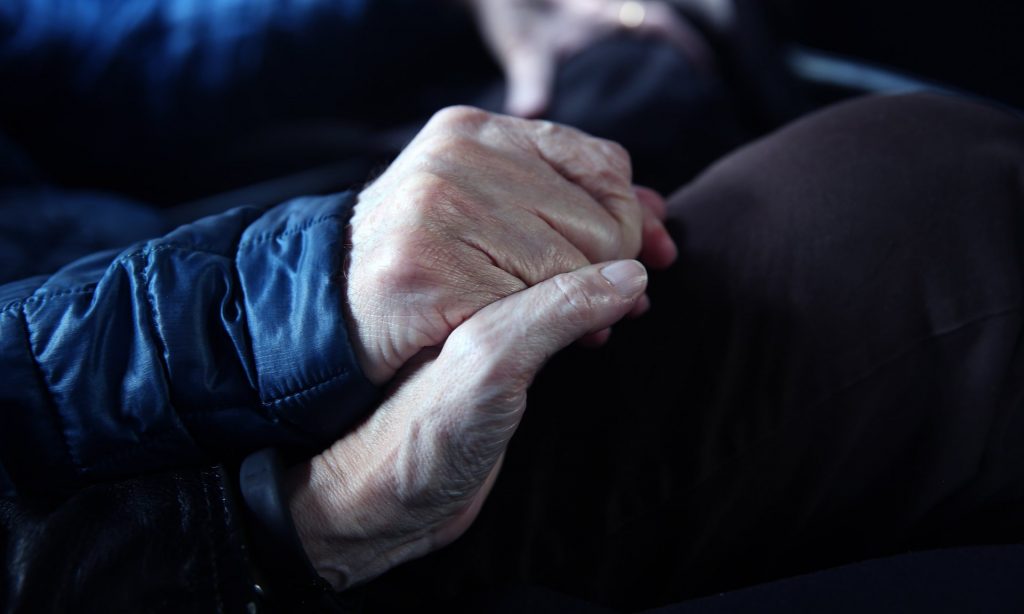After giving birth, it’s common for new moms to experience feelings of sadness and anxiety, often referred to as the baby blues. But in more serious cases, these feelings last longer than a few days and may actually be postpartum depression.
“Postpartum depression is a term that covers a wide range of things,” says Kathleen Kendall-Tackett, PhD, a psychologist and board-certified lactation consultant who specializes in postpartum depression. “It covers major depressive disorder during the postpartum period, anxiety, and post-traumatic stress disorder.”
It’s thought that hormonal changes may trigger symptoms of postpartum depression. Within the first 24 hours after childbirth, estrogen and progesterone hormone levels drop to pre-pregnancy levels, which may lead to depression.
Studies estimate that postpartum depression affects 10%–15% of new mothers, but Kendall-Tackett says it may actually be as high as 25%.
Symptoms of postpartum depression include excessive crying, severe mood swings, and difficulty bonding with the new baby. Some women may find they have changes in their appetite, energy levels, or sleep habits. (Kendall-Tackett says if a new mom hasn’t slept for a few days, it’s a red flag to seek medical attention for postpartum depression immediately.) New moms may fear that they’re not good mothers or feel worthless or restless. In severe cases, a woman with postpartum depression may have thoughts of harming herself or her baby.
So what makes someone more likely to battle full-blown PPD versus a less dangerous bout of the baby blues? Postpartum depression can affect anyone, says Kendall-Tackett. But the higher-risk groups include young moms and older moms, those who experienced a high-risk pregnancy, low-income moms, and those with lower levels of education. Read on for more postpartum depression risk factors.
Lack of social support

It’s not always easy to ask for help, Kendall-Tackett says. “[American women] think you have to get back to a normal life,” she says. “One mom I know had a cesarean section, came home, and the first thing she did was throw in a load of laundry.”
Without a supportive partner, close circle of friends, or nearby family members, new moms may find themselves carrying the bulk of the responsibility for the household and the baby.
Kendall-Tackett recommends hiring a postpartum doula who can help with the newborn or with light chores around the house. Or, she says, recruit a small group of people who can assist with meals so you can rest and recuperate.
“It doesn’t have to be a ton of people,” she says. “Just a couple of people to whom you can say, ‘Hey I’m having a really crappy day and I need some help.’”
Low income or education
While postpartum depression also affects affluent, educated women, it’s more common in low-income, low-educated moms, says Kendall-Tackett.
Seeking mental health treatment may be daunting due to cost, or women may not be aware of the support available to them. Resources like Postpartum Support International can help.
A history of abuse
Women who were victims of child abuse and violence are more prone to postpartum depression, says Kendall-Tackett, especially if the abuse went untreated.
Growing up with depressed parents or parents with substance use disorders or other mood disorders also increases your risk for postpartum depression.
Post-traumatic stress disorder
PTSD can affect women who are survivors of child abuse and sexual assault. But it can also affect women who had traumatic labors or deliveries, says Kendall-Tackett.
Even stressful events like losing a job can make someone more likely to develop postpartum depression.
Your age
Older moms may be at higher risk of postpartum depression for a few reasons, says Kendall-Tackett. They may have put off having children to pursue their careers, and after giving birth, they’re entering an area they know nothing about.
“You’ve been competent at things your whole life, and suddenly you don’t know how to do this,” Kendall-Tackett says. “That’s a shock for older moms who may have gotten more advanced in their careers and are good at doing things. Then they’re pulled into a place where they know nothing.”
Having a baby later in life also makes pregnancy higher risk, which may mean more stressful medical interventions along the way, including the use of assisted reproduction procedures like IVF.
“Then these moms have their babies, and they describe just being dropped,” Kendall-Tackett says. “They have their baby and then no one is interested in you anymore. You come to earth with a thud and a screaming newborn.”
The sex of your baby
A recent study published in the journal Social Science & Medicine found a link between having a boy and developing postpartum depression. New moms who had boys were 71%-79% more likely to have PPD than those who had girls.
The researchers wrote that depression is linked to prolonged inflammation, and that inflammation may be elevated in women carrying male fetuses.
Undiagnosed mental health conditions
In many cases, women who have undiagnosed mental health conditions like depression or bipolar disorder will experience postpartum depression. New moms who experience postpartum psychosis—a rare postpartum condition that is much more severe than depression—likely have undiagnosed bipolar disorder, Kendall-Tackett says.
Mental health issues may not surface until the postpartum period, she adds, “because it’s such a high-risk time.”
How to decrease your risk of postpartum depression
Some of these risk factors—like your age and the sex of your newborn—are out of your control. But others you can change. Find your support network as soon as you know you’re pregnant. Do a little research before you decide on a birthing location, Kendall-Tackett says. Look into the hospital’s rates of C-sections, instrumental deliveries, and epidurals, as these things can contribute to postpartum depression risk.
Kendal-Tackett recommends hiring a doula, who is trained to assist moms and their partners during labor and delivery. Doulas can communicate women’s birth plan wishes to medical staff, assist with pain-coping techniques, and help navigate breastfeeding issues.
And don’t forget to take care of yourself. Mood-boosting strategies like eating a balanced diet and getting regular exercise still apply after pregnancy—once you’ve been cleared by your physician.

